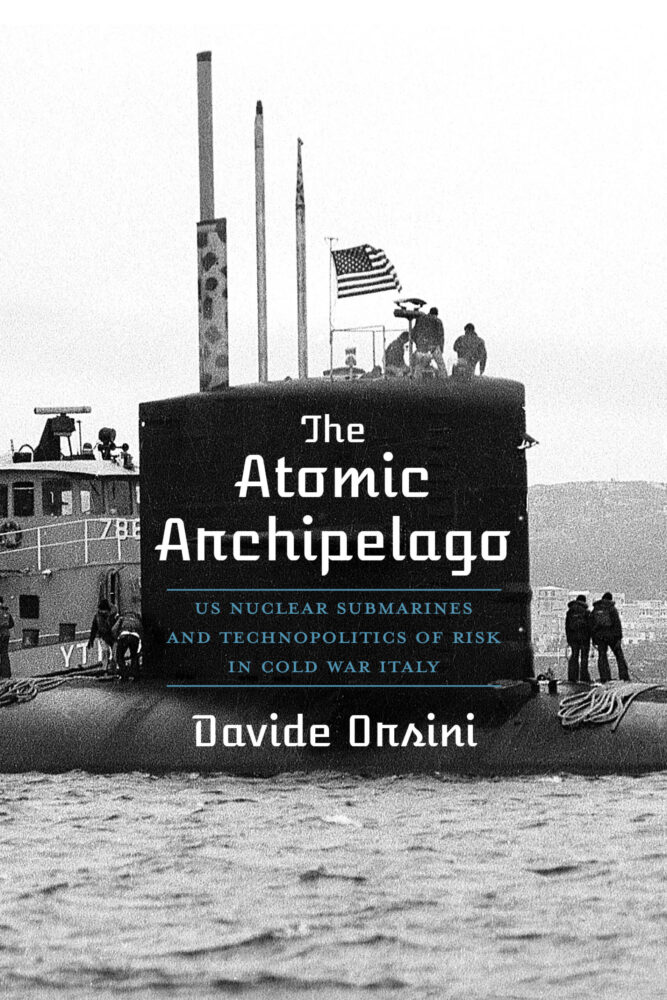Davide Orsini discusses "The Atomic Archipelago: US nuclear submarines and technopolitics of risk in cold war Italy"

Davide Orsini, Postdoctoral researcher at the Rachel Carson Center at LMU Munich (Germany) will discuss his book The Atomic Archipelago: US Nuclear Submarines and Technopolitics of Risk in Cold War Italy (University of Pittsburgh Press, 2022) in the Greenhouse environmental humanities book talk series on Monday, 23 October 2023 at 16:00 in Norway (Central European summer time).
Click here for Zoom link.
In 1972, the US Navy installed a base for nuclear submarines in the Archipelago of La Maddalena off the northeastern shore of Sardinia, Italy. In response, Italy established a radiation surveillance program to monitor the impact of the base on the environment and public health. In the first systematic study of nuclear expertise in Italy, Davide Orsini focuses on the ensuing technopolitical disputes concerning the role and safety of US nuclear submarines in the Mediterranean Sea from the Cold War period to the closure of the naval base in 2008. His book follows the struggles of different groups—including local residents of the archipelago, US Navy personnel, local administrators, Italian experts, and politicians—to define nuclear submarines as either imperceptible threats, much like radiocontamination, or efficient machines at the service of liberty and freedom.
Unlike inland nuclear power plants, vividly present and visible with their tall cooling towers and reactor containers, the mobility and invisibility of submarines contributed to an ambivalence about their nature, perpetuating the idea of nuclear exceptionalism. In Italy, they symbolized objects in constant motion, easily removable at the first sign of potential harm. Orsini demonstrates how these mobile sources of hazard posed special challenges for both expert assessments and public understandings of risk, and in contexts outside the Anglo-Saxon world, where unique social power dynamics held sway over the outcome of technopolitical controversies.